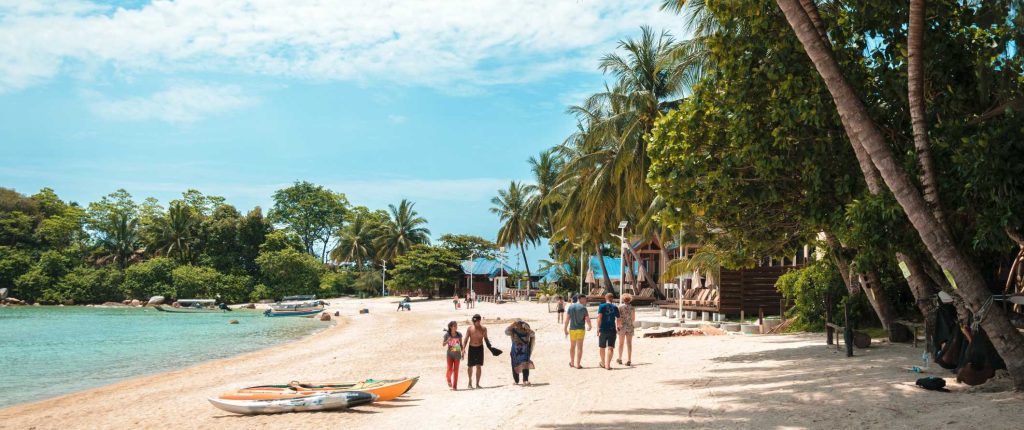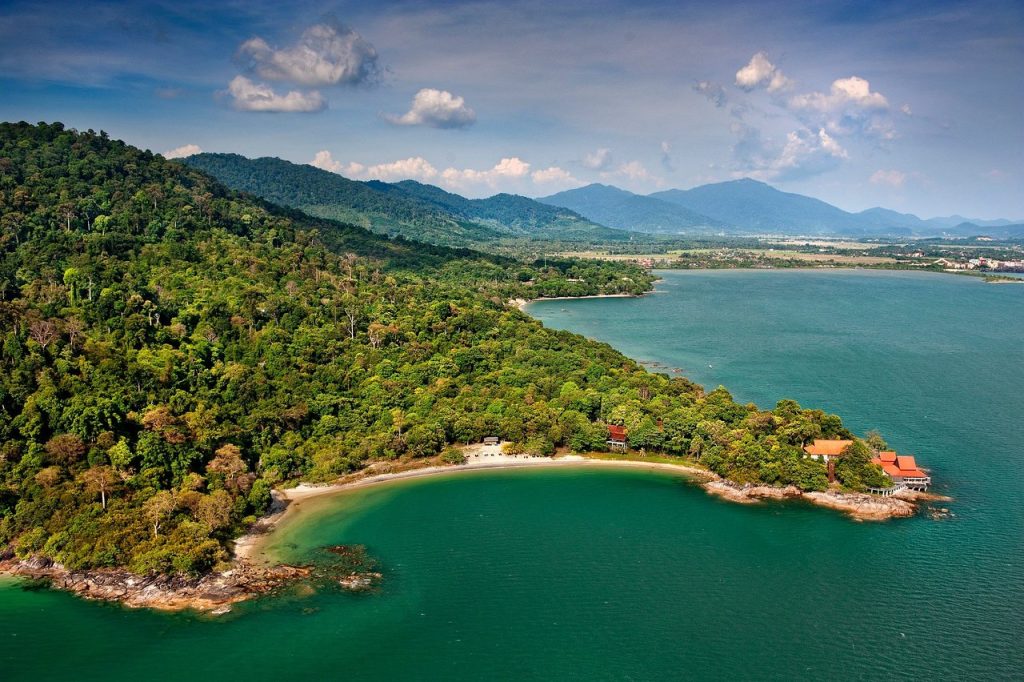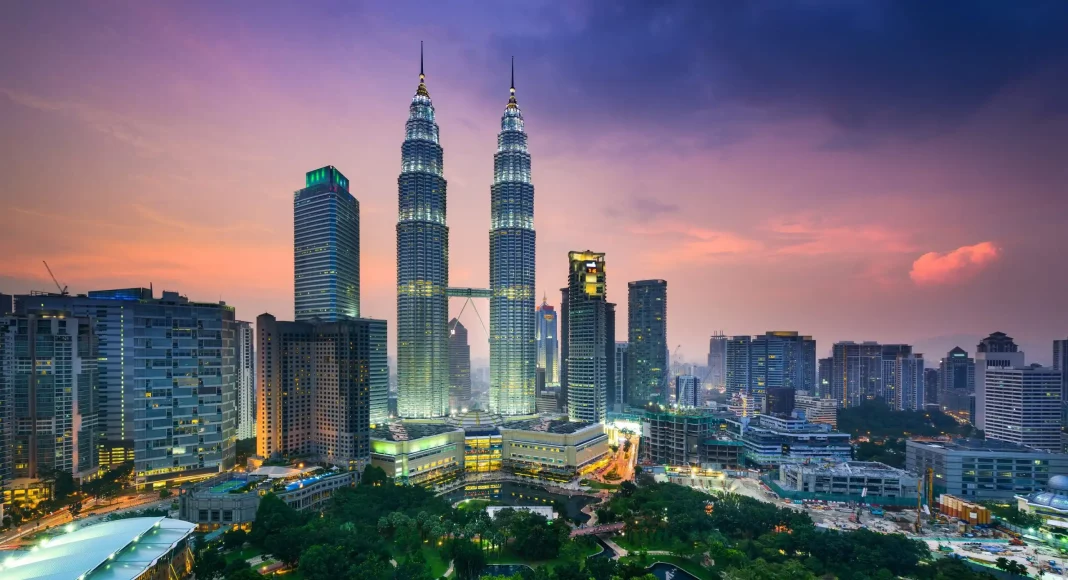Malaysia’s tourism market is highly expected to outperform this year among ASEAN competitors, says Tradeview Capital Sdn Bhd CEO Ng Zhu Hann.

Tradeview Capital is a fund management company licensed by the Securities Commission Malaysia. In an exclusive interview with AGB, Ng notes that mutual visa-free entry for Malaysia and China, along with the historically low ringgit, are the main drivers boosting the country’s tourism market.
This will also be a beneficial factor driving the performance of the country’s sole casino, Resorts World Genting (RWG).
“Malaysia’s casino has missed visits by Chinese visitors since COVID. But with this visa-free entry and Malaysia having a huge number of tourists arriving from China during the past Chinese New Year, I think revenue is expected to be very good, and there will be improvement in the coming quarters.”
In commentary from Fitch in the middle of last year, analysts expected Genting Malaysia’s revenue to reach 2019 levels only in the second half of 2024. Ng agrees with the projections, noting that the weak ringgit is also a catalyst for boosting the Malaysian tourism market this year.
He notes that the Malaysian currency, the ringgit, is one of the worst-performing this year, hitting a nearly 27-year low compared to the US dollar. In this context, the weak ringgit will make the country’s tourist products cheaper and more attractive for budget travelers.

Chinese visitor arrivals up 50 percent
According to a local media outlet, Malaysia saw a 50 percent increase in tourists from China during Chinese New Year (CNY), and tour operators estimated that they spent between RM1 billion ($209 million) and RM1.5 billion ($314 million) in the country.
Malaysian Chinese Tourism Association president Paul Paw said that more than 100,000 Chinese tourists, comprising some 5,000 tour groups, visited Malaysia from February 5th to 19th.
Based on data from one of the largest Chinese online travel agencies, Mafengwo, cited by Ng, Malaysia has become one of the top 3 destinations for Chinese travelers during the CNY period, which has never happened before. This also made Malaysia surpass its neighboring Singapore in tourism.
Ng believes the visa-free policy was the main reason, as Malaysia grants visa-free entry to citizens of China and India for stays of up to 30 days starting on December 1st last year.
“That is the result of the visa-free policy between Malaysia and China because, for the longest time, Malaysia and China have had the visa issue, so everyone has to pay for the visa. Now, with visa-free entry, it makes it so much easier.”
Malaysia welcomed 9.16 million tourist arrivals in 1H23, including 498,540 from China and 283,885 from India, according to government data. This contrasts with figures of 1.5 million arrivals from China and 354,486 from India during the same period in 2019.

Betting on tourism
The Malaysian government issued its Budget for 2024, designating 2026 as Visit Malaysia Year (VMY), with a target of 26.1 million foreign tourists and RM97.6 billion ($20.5 billion) in tourism expenditure.
RM350 million ($73.4 million) will be allocated to boost tourism promotion and activities in 2024, and the issuance of visas-on-arrival, social visit passes, and multiple-entry visas will be eased.
“It’s definitely a good thing that the Malaysian government is emphasizing tourists because they believe that foreign tourists’ arrival is very important. That’s why they did it.”
However, Ng doesn’t expect the addition of more casinos in the country because he believes that Malaysia does not need to follow Singapore’s example, and he also doesn’t believe that Malaysia has any advantage over it.
“Malaysia should use the budget that the government has allocated to focus more on our natural untapped habitats and resources for good tourism. Nature-based tourism sites can encourage all these tourists to come over because every country has its own unique tourism proposition.”
“If we are talking about building more casinos or more conventions and resorts, we must compete with places like Singapore, Thailand, etc. If we talk about natural resources and eco-tourism, I think Malaysia has a strong advantage over other countries.”











